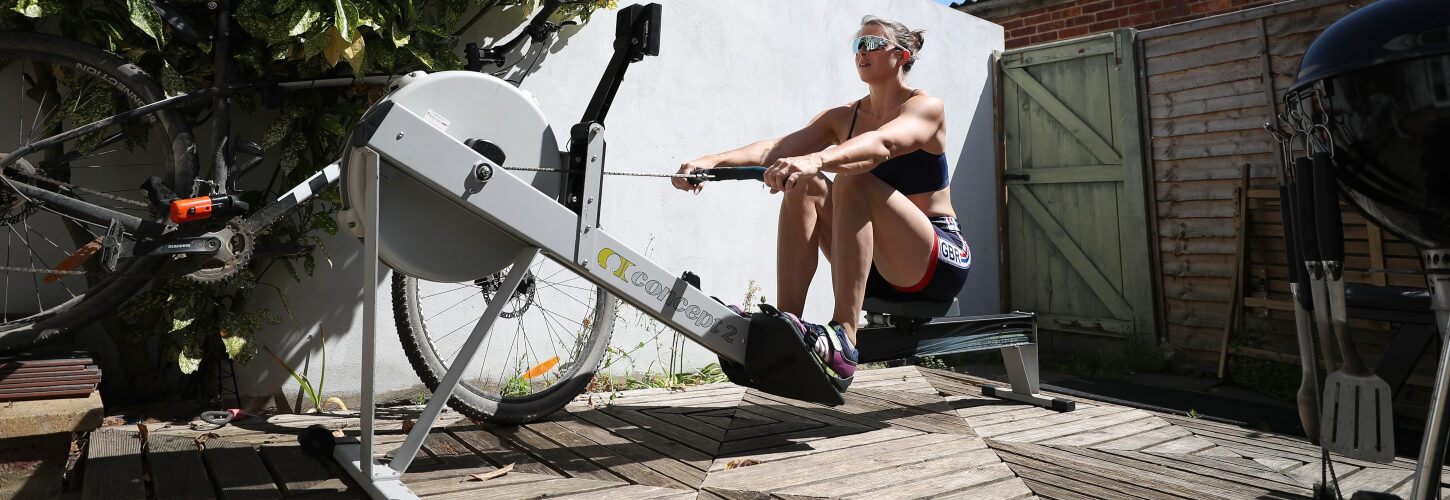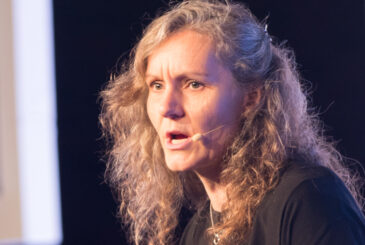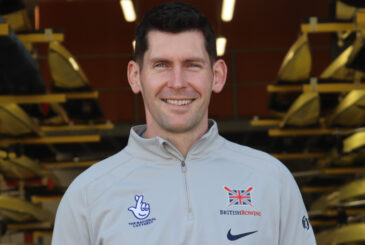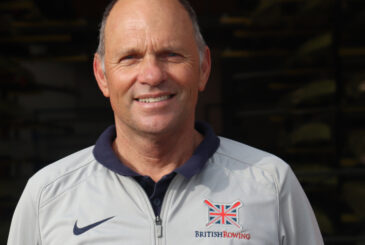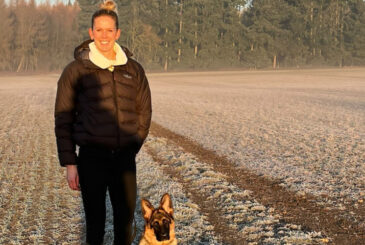It’s tough training in lockdown. GB rower Beccy Muzerie shares how the power of words can transform your motivation
Words are a powerful weapon. We take thousands of strokes on the water to practise moving the boat faster, pull hundreds of kilometres on an ergo to make ourselves fitter, lift tons of metal discs to make us stronger, but how much time do we spend making sure the words we use have a positive impact on our mental readiness to perform? In this instance, I am not referring to the feedback from coaches to improve our technique, and I am not thinking about the interactions between crewmates – both important factors, but here I am considering the words that pass silently inside our own heads.
What are the words you use to yourself to get out of bed in the morning? What flies through your head as you glance in the bathroom mirror? What are you thinking when you are half way through a long ergo session? What do you tell yourself when you fail to lift the weight you loaded onto the bar? Is your internal monologue building yourself up, or tearing yourself down?
Often when I am rowing up and down the lake the words that I am telling myself are technical calls – reminding myself to sit up at the catch or press the footplate away at the finish. But I go through periods where my confidence is really low, and I have learnt I need to pick a short phrase to repeat. At times, this has been as simple as the words ‘I am good enough’. I have paddled for multiple sessions with ‘good enough’ looping round in my head until I truly believe I am good enough, and my confidence grows. I can then better absorb the technical calls I am drilling myself with.
“I get to do a session, sounds very different [from I have to do a session]”
A few years ago one of my good friends on the team and I agreed that we would ban the use of the word ‘can’t’. Instead, if we were struggling we would tell ourselves that we were ‘not yet able to’ do something. It is a small change, but we quickly realised how frequently we used the word ‘can’t’, and the positive impact of recognising something as an area to work on rather than something we were unable to do.
More recently, when training alone at home I find it takes a lot of mental effort to drag my erg outside and take the first stroke of a session. Household chores suddenly seem considerably more appealing when you have no time limit on starting a long erg!
But James Clear* talked about using the power of words to change perspective on tasks that have to be done. Instead of telling myself ‘I have to do a session’, change the ‘have’ to ‘get’. I get to do a session, sounds very different. It reminds me that I am privileged to be able to do a session, and I have found simply changing one word somehow makes my isolation training easier.
In my first lockdown blog I spoke about having self-compassion, and this also applies to the words we tell ourselves. We are taught to think carefully about the way we communicate with others, but need to remember also to speak kindly to ourselves. Here I have given just three short examples of how my self-talk impacts my emotional, mental and physical state, but this is an ongoing area of learning for me. I am increasingly aware of the power of words, both externally uttered and silently spoken, and I am working towards using them as a superpower for good rather than a weapon of destruction.
*James Clear is the author of Atomic Habits, a great book I have recently been listening to and would highly recommend.


